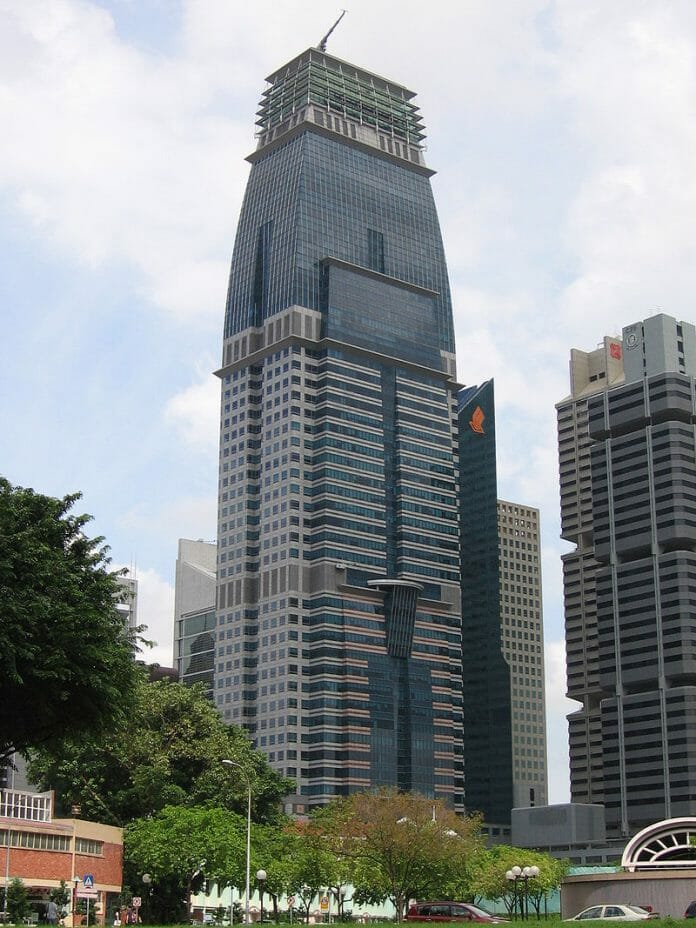Singapore sovereign wealth fund GIC on Wednesday reported a slight dip in returns for the last fiscal year and warned of a rapidly shifting investment landscape marked by “profound uncertainties” such as rising inflation.
It noted that it has stepped up investments in inflation-resilient assets as part of its approach to manage risks.
In its 2021/22 annual report, GIC said its 20-year annualised real rate of return came in at 4.2 per cent for the year ended Mar 31, slightly below the 4.3 per cent from a year ago.
The 20-year metric – a primary indicator of GIC’s investment performance – is a “rolling” return where years are dropped and added as the computation window moves. For instance, the figure for FY2021/22 represented the average annual return of GIC’s portfolio between April 2002 and March 2022, with global inflation taken into account.
GIC, in its report, noted that 2021 witnessed a global economic recovery aided by unprecedented monetary and fiscal support, pent-up demand from consumers, and improved access to COVID-19 vaccines.
That said, the year also had to contend with challenges such as a resurgence of the pandemic due to more contagious new variants, supply chain disruptions, and broad-based inflation pressures. The latter has since led to rises in global interest rates as central banks tighten monetary policies.
Meanwhile, Russia’s invasion of Ukraine, which began in February, has added further uncertainties to geopolitics, prices, as well as food and energy security at a time when the global economy has yet to fully recover
GIC said its diversified portfolio and cautious investment stance have helped to cushion its performance from the market correction that occurred in early 2022.
“This posture was held throughout FY2021/22, given elevated asset valuations and uncertainty arising from potential inflationary pressures,” the report wrote.
Commenting on the latest results, GIC’s chief executive officer Lim Chow Kiat said at a media briefing that the sovereign wealth fund “continues to deliver good, stable returns over and above global inflation” but noted that the environment for investors is becoming increasingly challenging.
The shift to a potentially high-inflation regime, for one, has “significant” investment implications.
“High inflation not only reduces real returns immediately, but its adverse impact on economic stability raises the risk premia on financial assets,” GIC pointed out in its report.
“Portfolio diversification will also be more challenging as few assets are spared from the effects of worsening inflation and slower economic growth.”
GIC’s group chief investment officer Jeffrey Jaensubhakij, who was also at the media briefing, laid out other headwinds.
In the near term, the world will have to contend with further monetary policy tightening by central banks to combat persistently high inflation, alongside supply disruptions and fading fiscal stimulus. Challenges over the longer run include high debt levels built up in the global economy, a slowdown of favourable demographics in countries like China, and waning globalisation.
Geopolitical shifts, such as a fractured global power structure and intensified rivalry between key economies, also contribute to an increasingly uncertain environment.
At the same time, key trends like the low-carbon transition and technological advancements, are two areas that will present both risks and opportunities. For example, the latter will continue to disrupt jobs and businesses, but it can also be a source of economic growth and investment opportunities.
“The environment is uncertain – it has been for a while but it’s not getting any better,” Mr Lim told reporters, while Dr Jaensubhakij noted that a landscape filled with headwinds means that its “portfolio will continue to be difficult to manage”.
Asked what this means for GIC’s future investment performance, Mr Lim noted that the sovereign wealth fund has for a number of years posited that returns going forward “will likely be low”.
“Unfortunately, until we have more of so-called restoration of value – whether it is bond yields, earnings yields or dividend yields – return prospects are still not great.”
Nonetheless, GIC said it will navigate these uncertainties by pressing on with a diversified portfolio, maintaining price discipline and exploring alternative strategies.
It is also preparing ahead of time by being “in companies or asset classes that can hold out better”, said Dr Jaensubhakij.
For one, the investor continues to deploy more money into real assets like real estate and infrastructure, which offer protection against inflation and have generally outperformed nominal bonds in a high-inflation environment.
It added that it has ramped up headcount in this area by more than 35 per cent over the last three years to bolster its investing capabilities.
In addition, the sovereign wealth fund raised its allocation to certain high-growth asset classes within equities, such as private equity, citing returns that can keep pace with elevated inflation.









